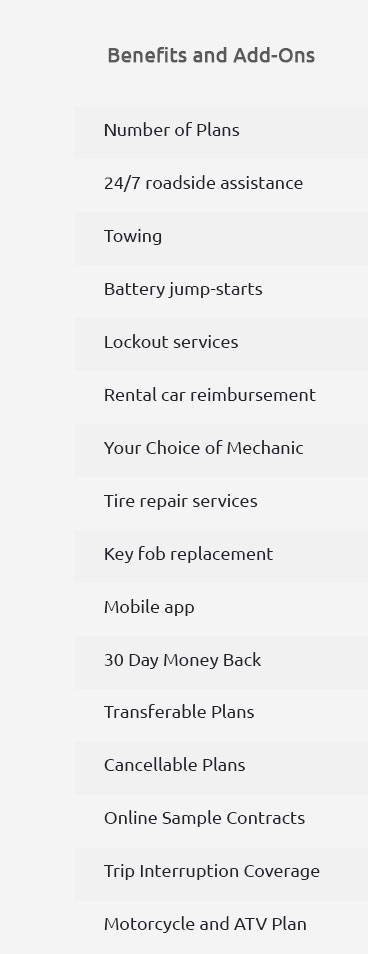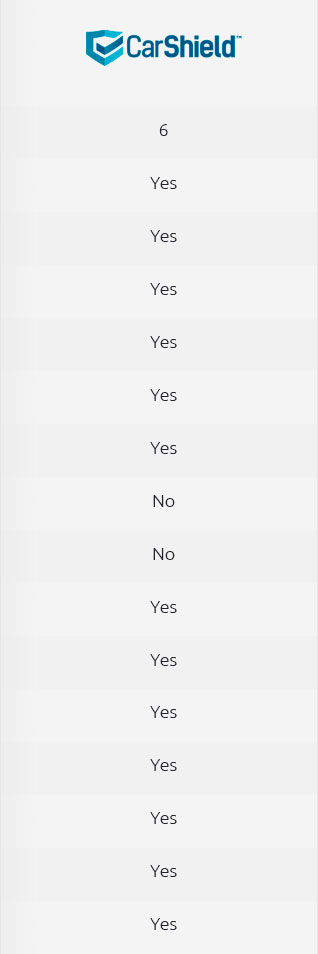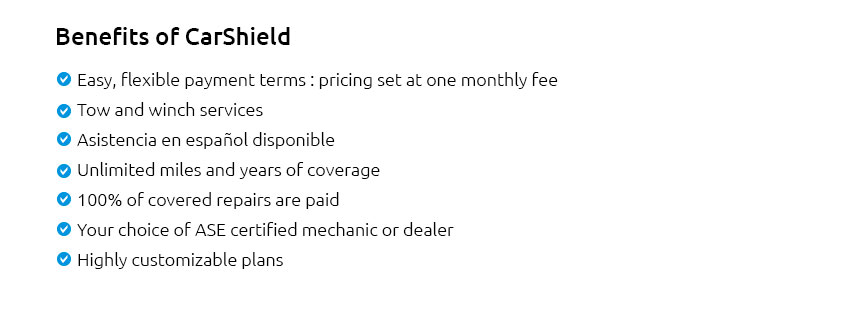 |
 |
 |
 |
 |
|||
 |
 |
|||
 |
 |
|||
 |
|||
 |
 |
 |
|
 |
|||
 |
|
 |
|
 |
|
 |
|
 |
|
 |
|
 |
|
 |
|
 |
 |
|||
 |
 |
|||

Understanding Reasonable Used Car Warranties: Expert Tips and AdviceWhen venturing into the world of used cars, the concept of a 'reasonable used car warranty' can often seem elusive, yet it is a crucial element in making an informed purchase decision. A warranty, in essence, provides peace of mind, acting as a safety net that protects against unforeseen mechanical failures and significant repair costs. The challenge lies in determining what constitutes a reasonable warranty, a task that requires a blend of knowledge, discernment, and a touch of skepticism. Firstly, it is essential to understand the different types of warranties available for used cars. Manufacturer's warranties are sometimes transferrable and can offer extensive coverage, though they typically come with stringent conditions. In contrast, third-party warranties are more flexible but can vary widely in terms of coverage and reliability. When assessing these options, one must consider the vehicle's age, mileage, and condition, as these factors heavily influence the warranty's applicability and cost-effectiveness. To navigate this complex landscape, begin by evaluating your specific needs. Ask yourself what aspects of the car's operation are most critical to you. Is it the engine, the transmission, or perhaps the electrical system? Once you have identified your priorities, you can tailor your warranty choice to cover these specific components, ensuring you are not paying for unnecessary coverage.
Cost considerations are paramount when choosing a warranty. While an extended warranty can be a prudent investment, especially for high-mileage vehicles, it is vital to scrutinize the terms and conditions. Pay close attention to deductibles, limits of liability, and the claims process. A warranty with a low upfront cost might seem appealing, but hidden fees and complex claims procedures can quickly erode any initial savings. Moreover, the reputation of the warranty provider is critical. Research customer reviews and ratings, consult consumer reports, and even seek advice from trusted mechanics or car dealerships. A company with a track record of honoring claims and providing excellent customer service is invaluable and can save you countless headaches in the future. Ultimately, a reasonable used car warranty is one that aligns with your financial situation, covers your specific concerns, and is backed by a reputable provider. By taking the time to understand your options and scrutinize the details, you can drive away with confidence, knowing that you are protected against potential pitfalls on the road ahead. In this pursuit, a little diligence goes a long way, transforming the often daunting task of purchasing a used car into a rewarding experience. https://www.centralfloridachryslerdodgejeepram.com/free-lifetime-warranty/?srsltid=AfmBOoqb871Jjh9DiVtKzHkEPVqFSQPTHQhCdAzvQ0okzE5OH-a51pzw
From sales to service, we've got your best interests at heart, and that's why we offer a Free Nationwide Lifetime Warranty on every used vehicle we sell! It's ... https://www.carchex.com/content/used-car-warranty-companies/
CARCHEX stands out as the best used vehicle service contract company, so we'd recommend considering one of our affordable but high-quality plans to keep your ... https://www.subaruofjacksonville.com/used-warranty/?srsltid=AfmBOoqArSushIAacmpmiodX5chknTd_vV129N2-jYhG13oFt0GEXj_P
6 month 6000 mile warranty on used vehicles purchased from Subaru of Jacksonville.
|